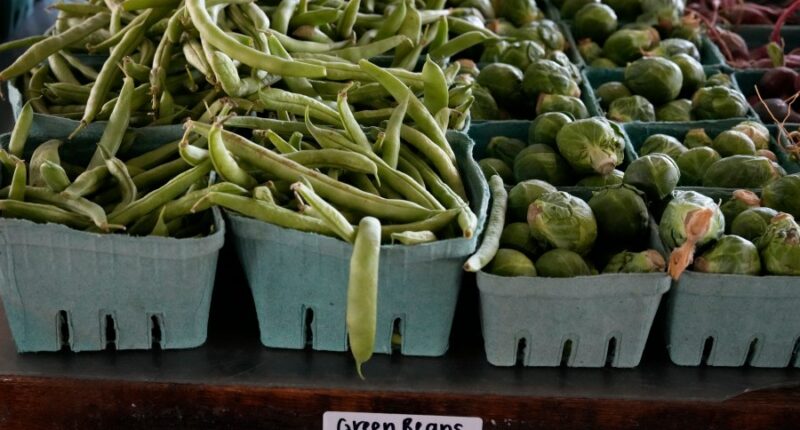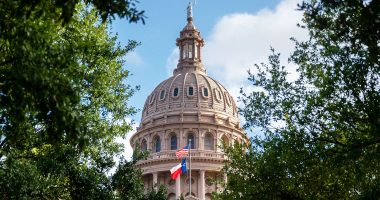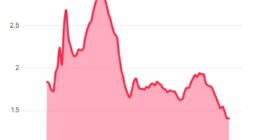Share this @internewscast.com

President Donald Trump’s administration is under pressure to respond by Monday to two federal courts regarding its compliance with orders to continue financing SNAP, the nation’s largest food assistance initiative, using contingency funds amid the ongoing government shutdown.
The U.S. Department of Agriculture had announced plans to halt payments to the Supplemental Nutrition Assistance Program starting November 1, citing an inability to sustain funding due to the shutdown. This program, a cornerstone of America’s social safety net, supports approximately one in eight citizens and costs around $8 billion monthly nationwide.
This development has left millions uncertain about their next meal. Many beneficiaries typically receive their benefits early in the month, and with delays likely, November’s allocations will be postponed regardless of the court decisions. Loading funds onto benefit cards can take over a week in many states.
State attorneys general and governors from 25 states, alongside the District of Columbia, have legally contested the proposed suspension, arguing that the administration has a duty to maintain the program’s operation within their regions. Several cities and nonprofits have joined the legal battle.
Judges in Rhode Island and Massachusetts ruled separately on Friday that the administration must continue funding SNAP, though they granted flexibility regarding whether it should be fully or partially funded for November.
While the USDA has a $5 billion contingency fund available for SNAP, the Trump administration reversed an earlier decision to utilize these funds to keep the program running. Democratic officials insist that an additional $23 billion fund could also be leveraged to sustain the program.
U.S. District Judge John J. McConnell in Providence, Rhode Island, said SNAP must be funded using at least contingency funds, and he asked for an update on progress by Monday.
He said all previous work requirement waivers must continue to be honored. During the shutdown, the USDA has terminated existing waivers that exempted work requirements for older adults, veterans and others.
In Boston, U.S. District Judge Indira Talwani ruled the suspension was unlawful and said USDA has to pay for SNAP. Talwani ordered the federal government to advise by Monday whether they will use emergency reserve funds to provide reduced SNAP benefits for November or fully fund the program using both contingency funds and additional available funds.
Advocates and beneficiaries say halting the food aid would force people to choose between buying groceries and paying other bills. The majority of states have announced more or expedited funding for food banks or novel ways to load at least some benefits onto the SNAP debit cards.
To qualify for SNAP in 2025, a family of four’s net income after certain expenses can’t exceed the federal poverty line, which is about $32,000 per year. Last year, SNAP assisted nearly 42 million people, about two-thirds of whom were families with children.
















